
Emotional Intelligence (a.k.a. EQ) is a higher indicator of success than perhaps any other metric, including IQ. Emotionally intelligent people experience higher levels of happiness, relationship satisfaction, and financial stability. Emotional intelligence also makes you less likely to have conflict with others and more likely to be able to have healthy conflict when it happens.
At its core, EQ is about knowing yourself. It’s also about being skilled at putting the feelings and needs of those around you above your own. Emotionally intelligent people are able to control themselves regardless of what somebody else is doing. They are aware of their internal world and the emotional states of those around them.
So is emotional intelligence set, or can it be learned? The answer is the latter. EQ is a skill that you can grow in. You just have to know its components, identify where you’re strong and weak, and make intentional effort every day to become more aware of yourself and others.
Emotional Intelligence – Internal vs External
Emotional intelligence can be broken down into two basic categories. Internal EQ is about self awareness: understanding your own moods, attitudes, beliefs, emotions, triggers, and behaviors. External EQ is about the awareness of other people. It involves manners, reading people, understanding dynamics, and your ability to listen and make adjustments according to what others want and need.
It’s likely that you came into this world with a natural bent towards internal or external EQ. It’s rare that someone is naturally skilled in both. People that are well-rounded almost always get there through intentional practice.
Within both internal and external EQ are two subcategories. Internal EQ includes self-regulation and situational self-awareness. External EQ includes relational–awareness and social presence. Let’s break these down.
Internal EQ
Category 1: Self-Regulation
We define self-regulation as a broad understanding of yourself and the ability to change. It’s the foundation of emotional intelligence.
People skilled in self-regulation are aware of their own beliefs, emotions, and habits. They have a healthy understanding of their strengths and weaknesses. Part of self-regulation is checking in with your mind and body as a habit. Another equally important part is being honest with yourself about what you see.
The determining factor of self-regulation is your willingness to be wrong and held accountable. Unless you are willing to face yourself and own the areas in your thought life that need to change, you won’t be able to self-regulate. You’ll be unwilling to truly see your thought life for what it is, much less be willing to take responsibility and make a change. One way you know if you’re willing to do this is if you are open about your thoughts with people you trust. If you can own your negative thoughts and intentions openly, you can do so with yourself and make changes.
Another mark of high self regulation is an expansive mindset. Self-regulators take responsibility when things don’t go their way. They don’t focus on blaming others, nor do they beat up on themselves. Instead, they ask what they can learn from every situation, good or bad, and adjust accordingly.
Rate yourself honestly on a scale of 1-10 on the following statements to assess your current level of self-regulation:
- I know my motives very well.
- My strengths and weaknesses are known and well-defined to me and my trusted circle.
- Catching and identifying negative thoughts is easy for me.
- I’m able to quickly change my attitude and my mood.
- If asked, I could write down the top 10 values and beliefs that I live by.
- I am aware of at least 5 of my bad habits and am taking active steps to change them.
- When things go wrong, I take responsibility rather than shift blame.
Category 2: Situational Self-Awareness
This subcategory of emotional intelligence is about understanding how you interact with others in particular contexts. It’s a form of self-regulation, though it’s more specific to your awareness of yourself when you’re interacting with others, particularly during conflict.
Understanding your triggers is a key component to high EQ. You must exercise self-control, rather than be reactionary. Negative situational self-awareness looks like being defensive, aggressive or passive aggressive in conflict. In contrast, being able to roll with the punches and find common ground is a sign of high situational self-awareness.
To determine your current level of situational self awareness, rate yourself honestly on a scale of 1-10 for each of the following sentences:
How good are you at pausing in a situation before reacting?
- When I’m offended, I consider my words and actions before saying or doing anything.
- I’m aware of at least 5 of my triggers with others and am able to control myself when they happen.
- I know how I come across when I’m angry or hurt.
- Owning my mistakes with others I trust and those I offend is something I regularly do.
- If I’m confronted, I do not get defensive. I listen and apologize for what I’ve done wrong.
- I have clear boundaries in my relationships and am able to articulate and stick to them.
External EQ
Category 3: Social Presence
Social presence is mastery over your body language and tone, as well as your ability to shift your external behavior when different situations call for it. The difference between this and situational self-awareness is that social presence has more to do with your external habits and presentation, rather than the inner world of your thoughts.
Most people have a limited range of situations where they can engage well. For instance, some know how to act at a dinner party vs a casual get-together with friends, while others wouldn’t know the difference. Some people are fun and enjoyable when in a group, but if you get them one-on-one they will have no clue how to engage with the other person.
Rank yourself 1-10 for the following statements to measure your social presence:
- I maintain an open and confident posture.
- Reading others’ body language and mimicking mine to theirs is natural for me.
- My tone of voice is calm and pleasant.
- I know and practice etiquette in all situations (parties, weddings, interviews, get-togethers, first interactions, etc.)
- Even if I’m not feeling happy, I can put my feelings aside and be engaging with others.
- Smiling is my default.
- I enjoy small talk and can talk with anyone.
Category 4: Relational Awareness
Whereas social presence focuses on manners and good habits in your communication, relational awareness focuses on your skill in nurturing deep and ongoing relationships. It’s the type of emotional intelligence that allows you to significantly understand the person across from you and treat them according to their unique needs.
To gauge your relational awareness, give yourself a score from 1-10 for the following statements:
- When someone is talking to me, I maintain eye contact and give them my full attention.
- I follow up with people.
- Other people’s lives are genuinely interesting.
- In most of my interactions, I ask questions more often than I make statements.
- When someone does something for me, I send a thank you email or send a thank you card.
- I’m aware of others’ emotions and know what to do to make them feel better.
- I remember birthdays and special occasions.
Your Emotional Intelligence Score
To assess your emotional intelligence, add up your scores under each section for your total score.
- Weak: 0-56
- Below Average: 57-112
- Average: 113-168
- Above Average: 169-224
- Excellent: 225-280
Did you score “average” or below? Don’t be discouraged! You can get to above average or excellent emotional intelligence with practice and effort! If you scored “above average” or “excellent”, congratulations! However, keep in mind that you always have room for improvement. Also, keep in mind that people with high self-regulation are less likely to rate themselves “excellent”. Self-aware people understand their weaknesses and are probably not satisfied with their level. So if you scored “excellent”, be careful that you were honest with yourself.
Regardless, share this test with someone you trust and grade each other! You will likely learn something about yourselves and one another and have a stronger bond because of it.
Meanwhile, if you’d like more information on how to grow in emotional intelligence, check out our free ebooks. The Journey Principles offers material to help people be their best selves and go from stuck to unstoppable in their careers and relationships.






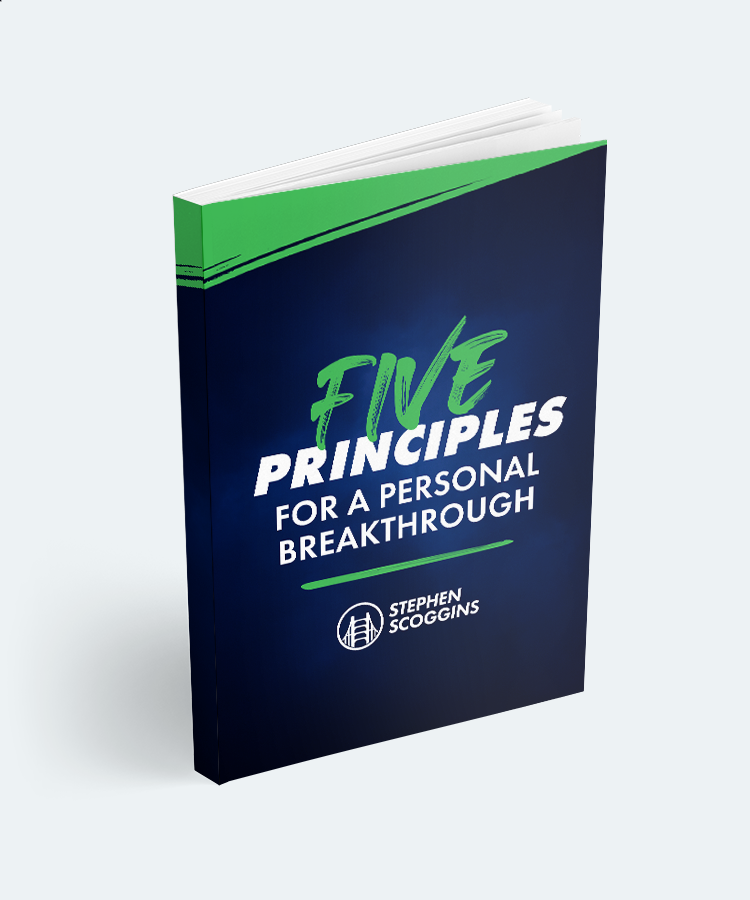
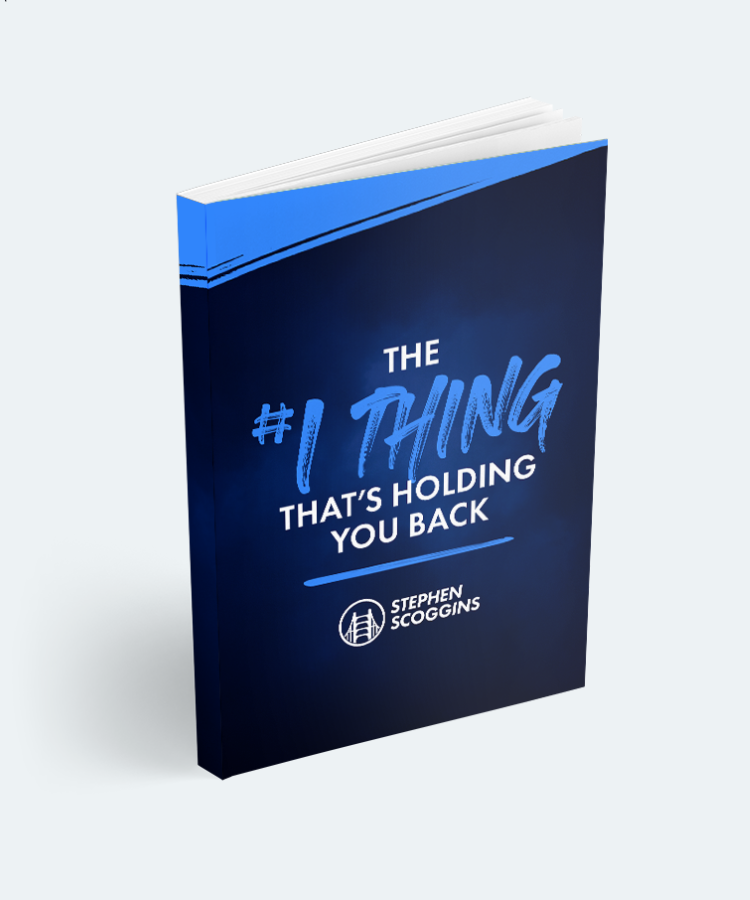
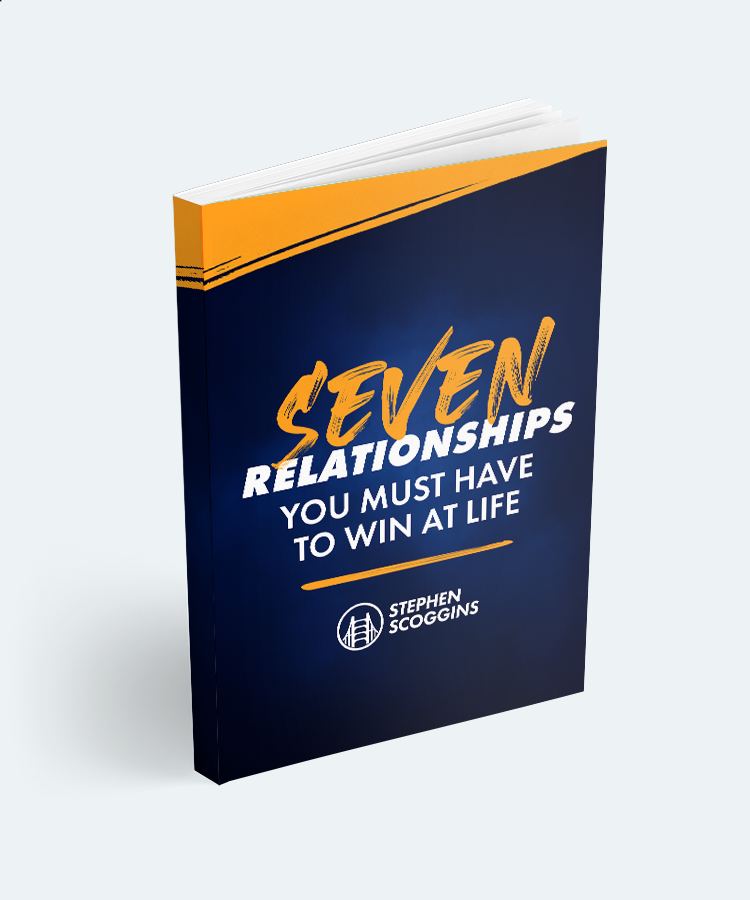

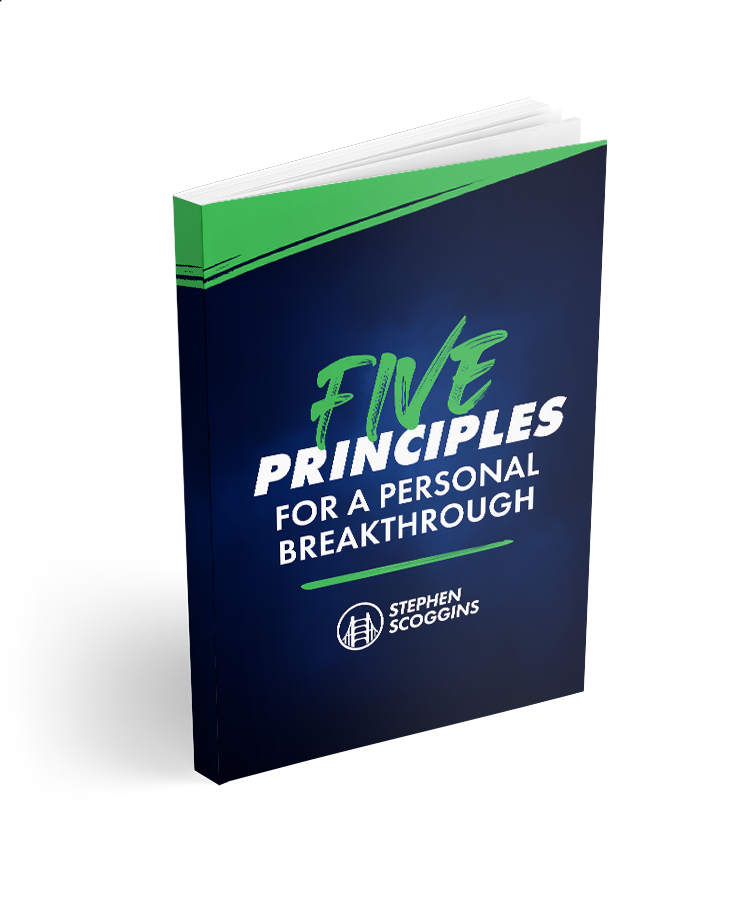
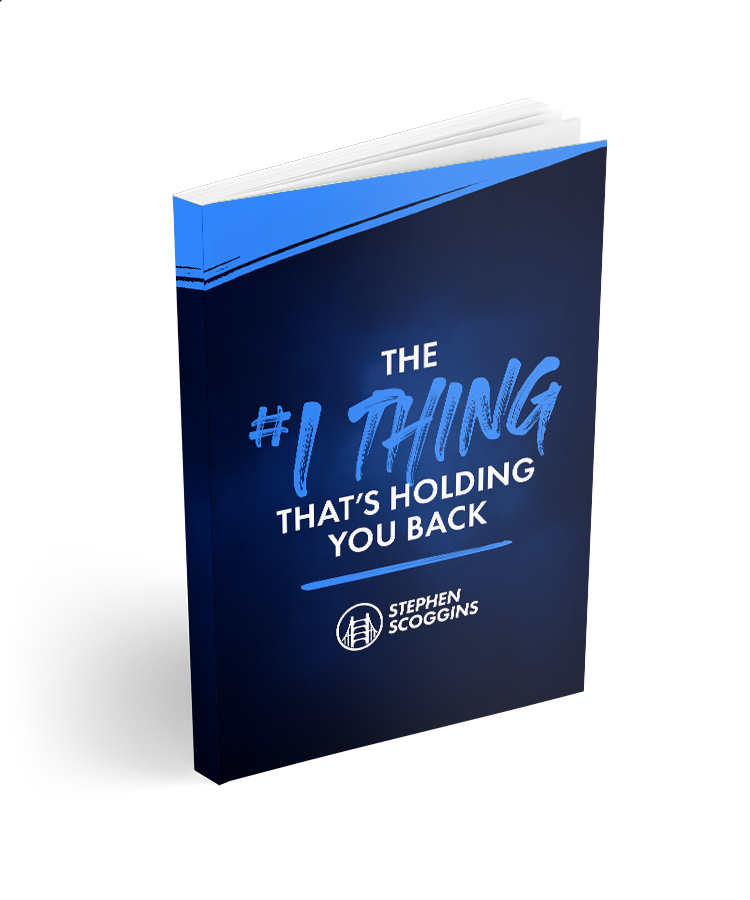
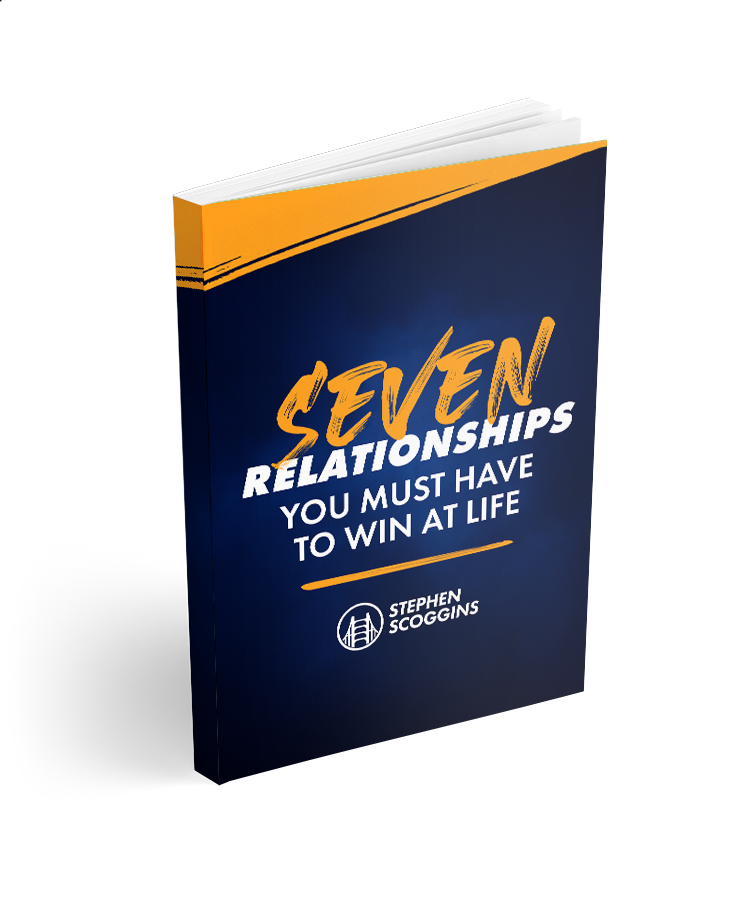
One Response
It was such an interesting eq test, it really helped to get know lot about ourself. Thank you for the blog.